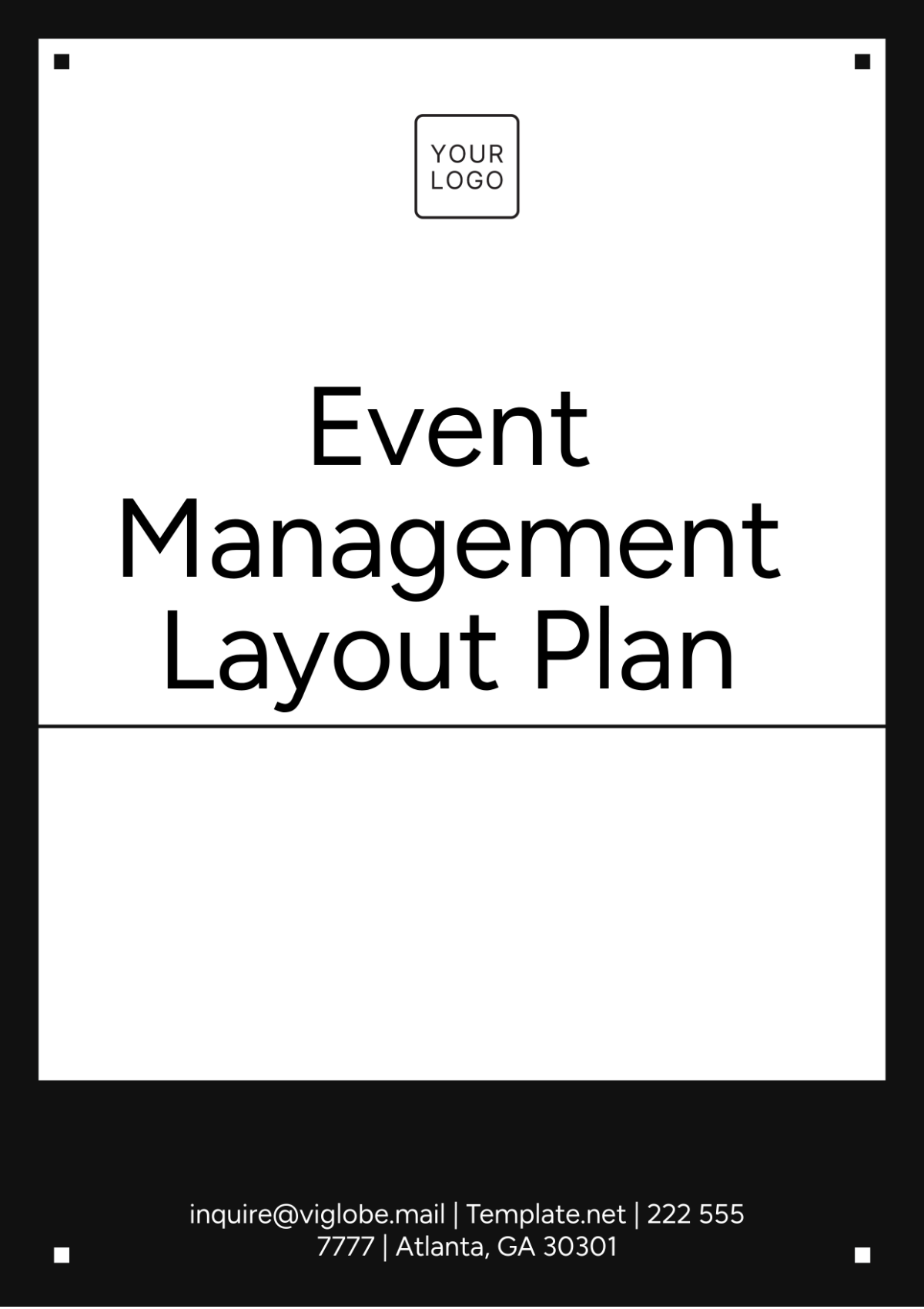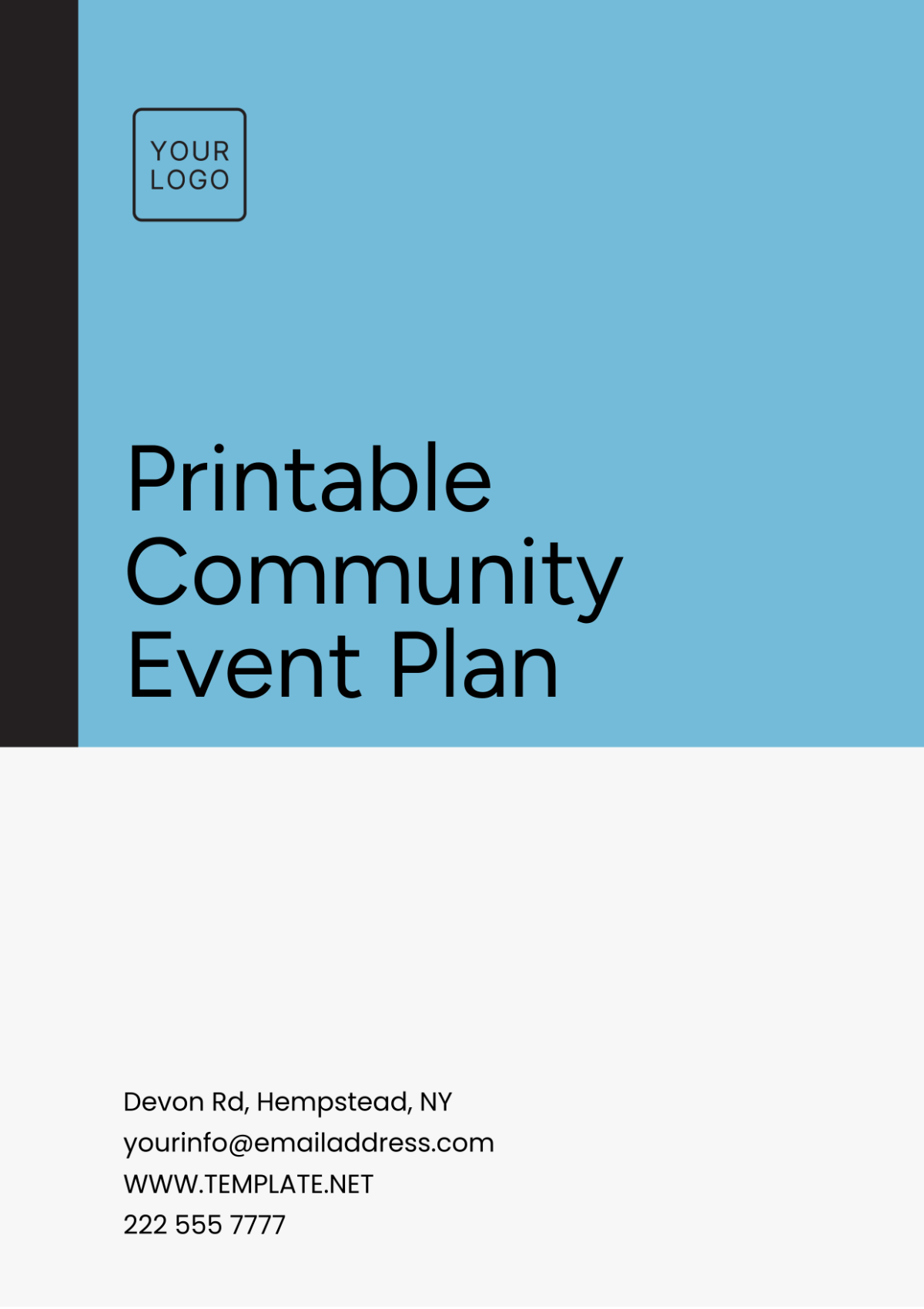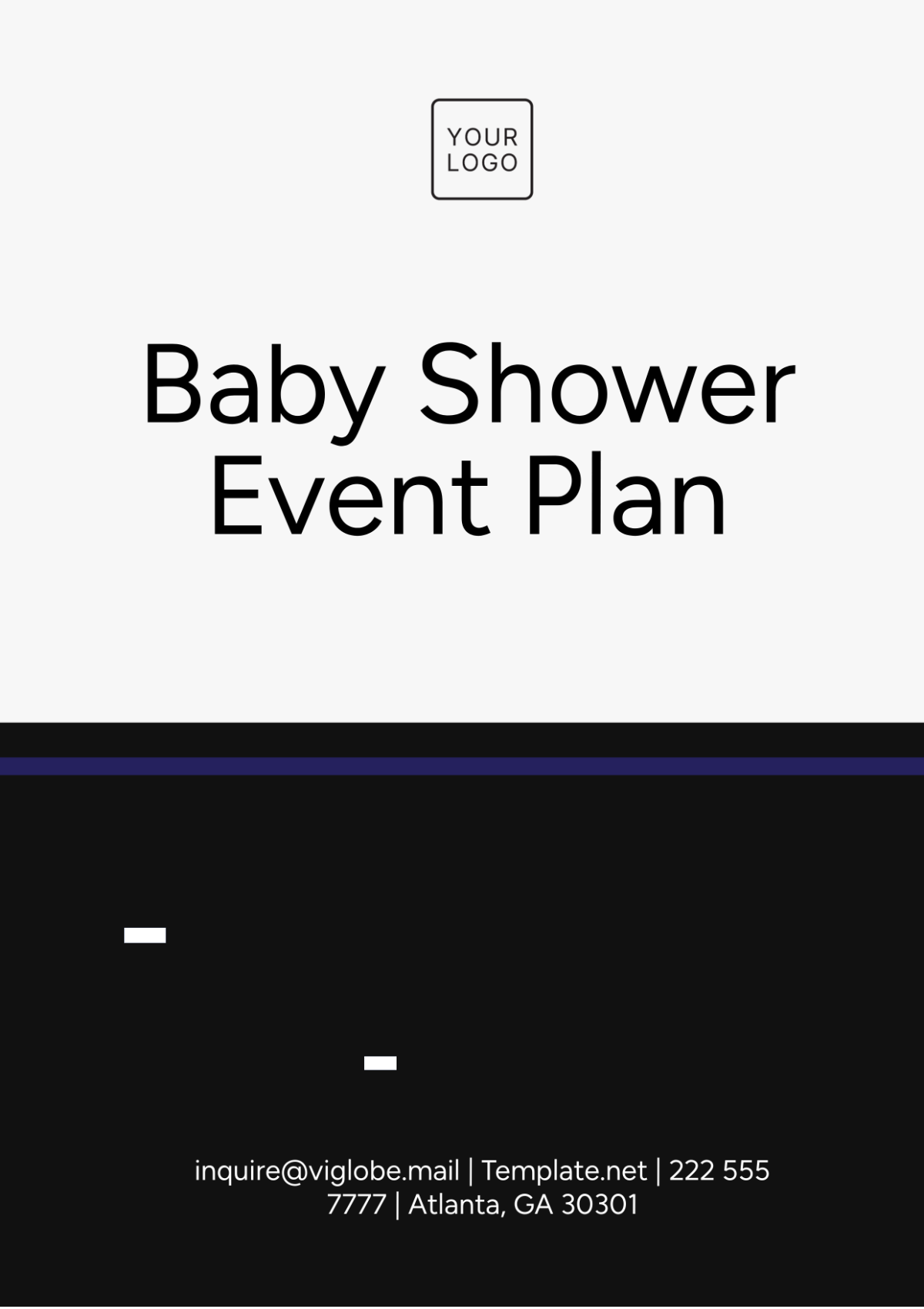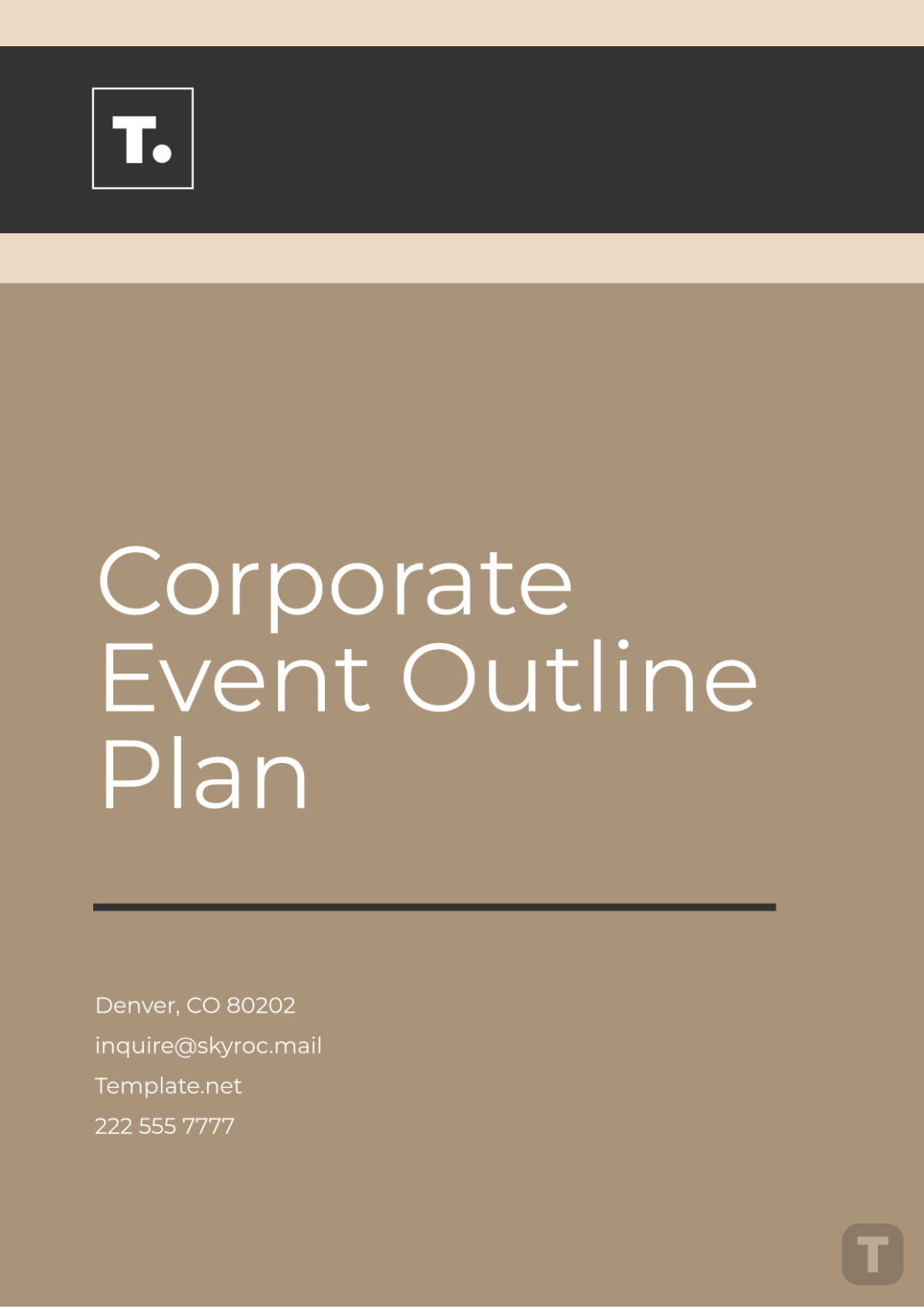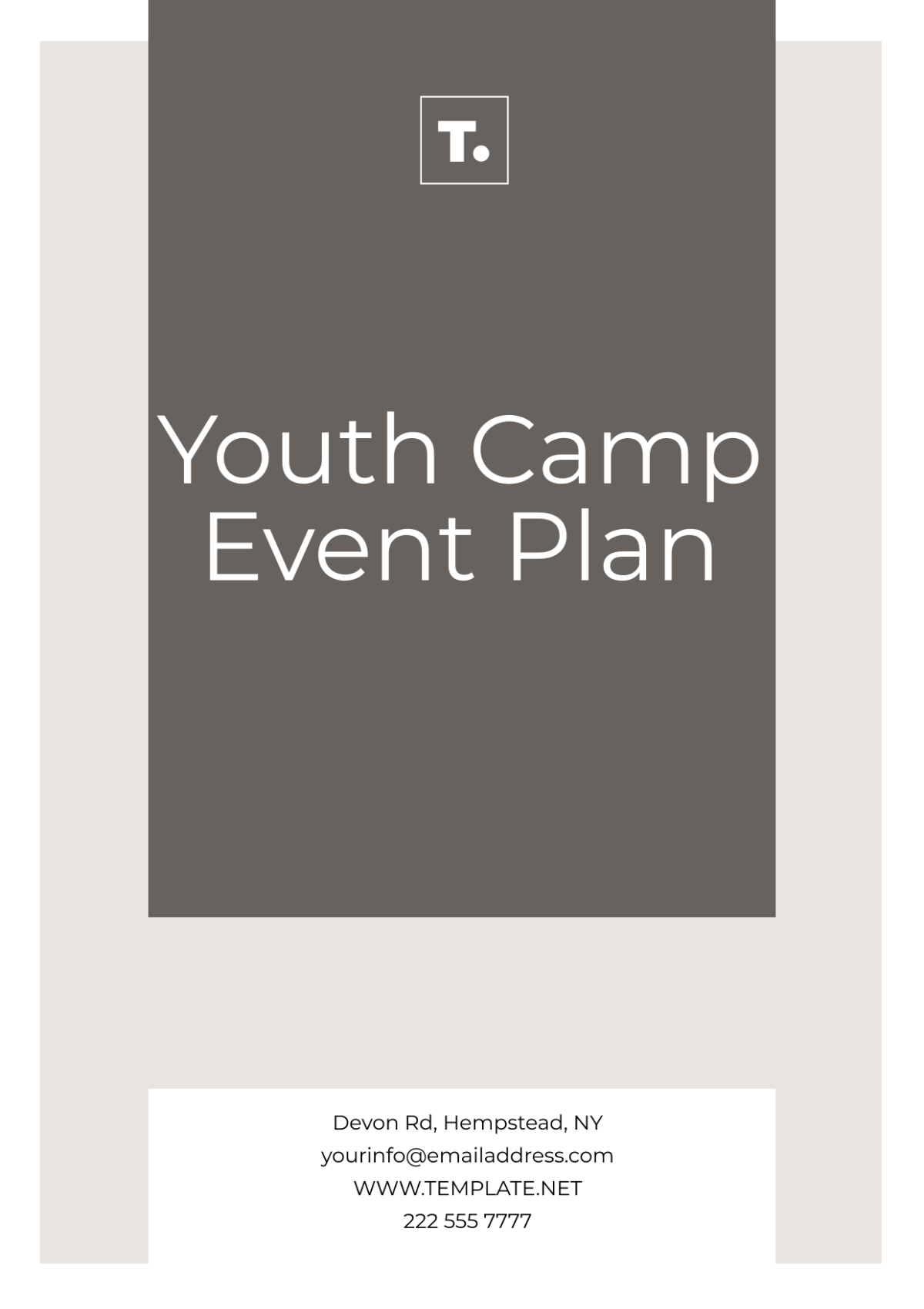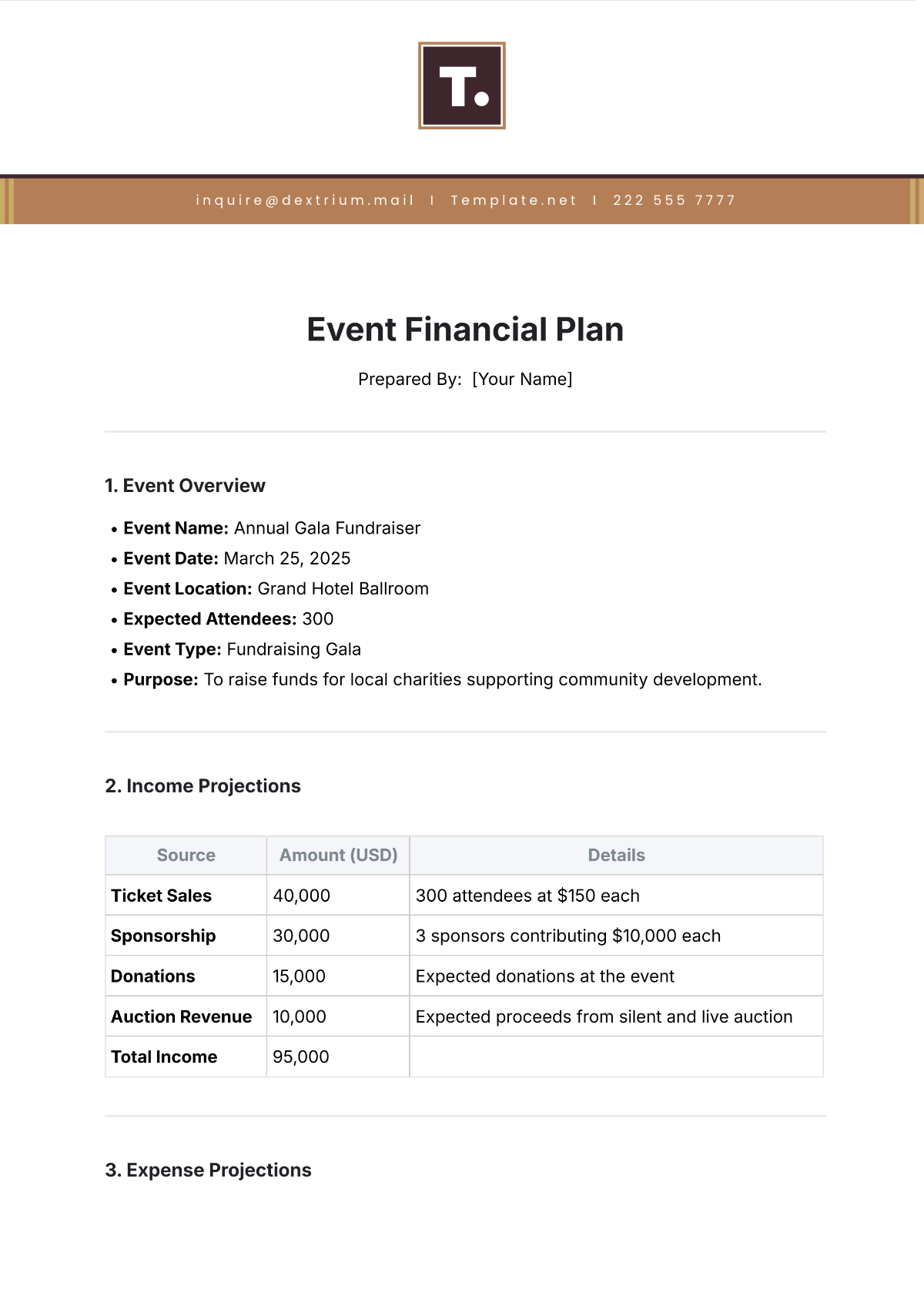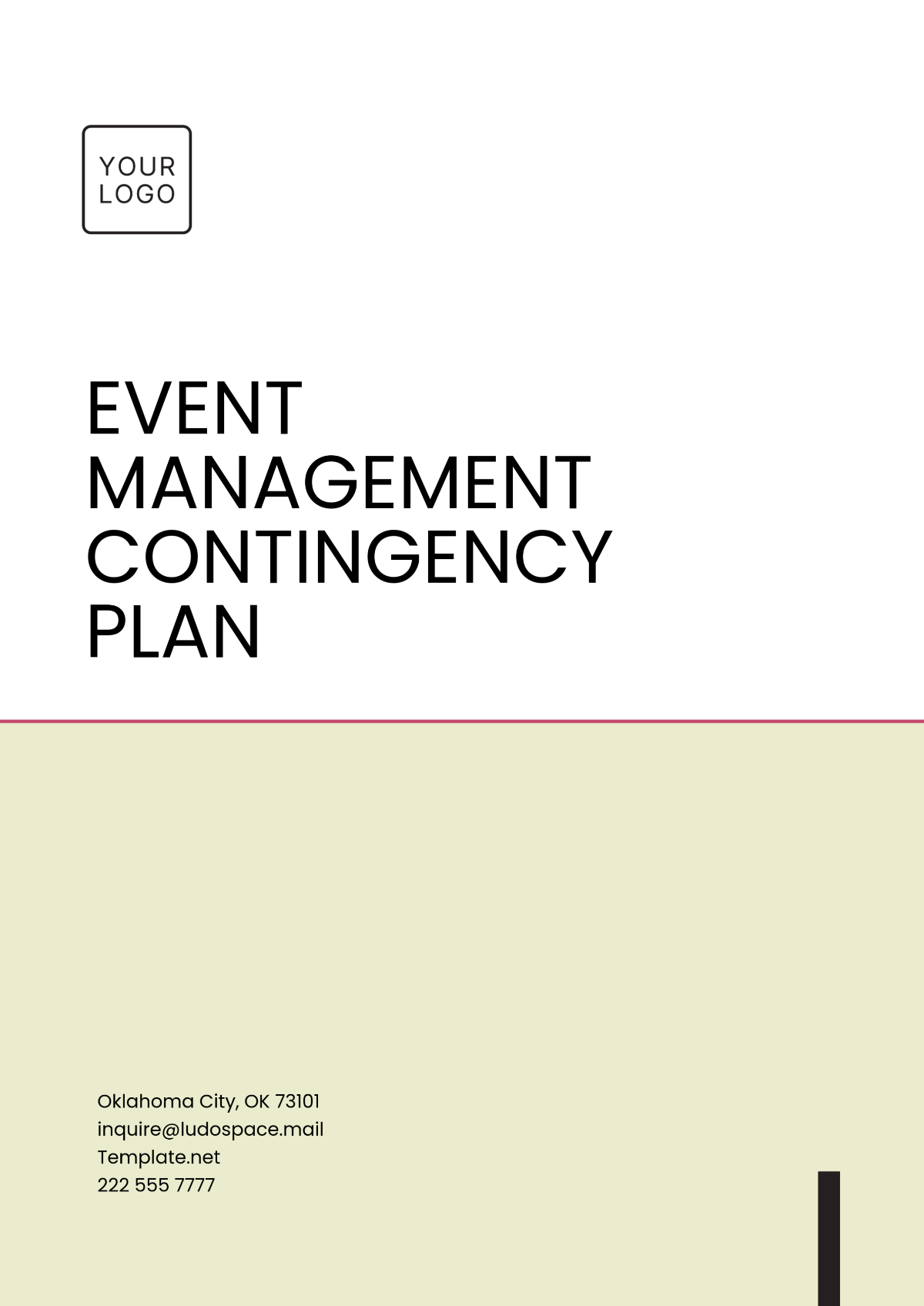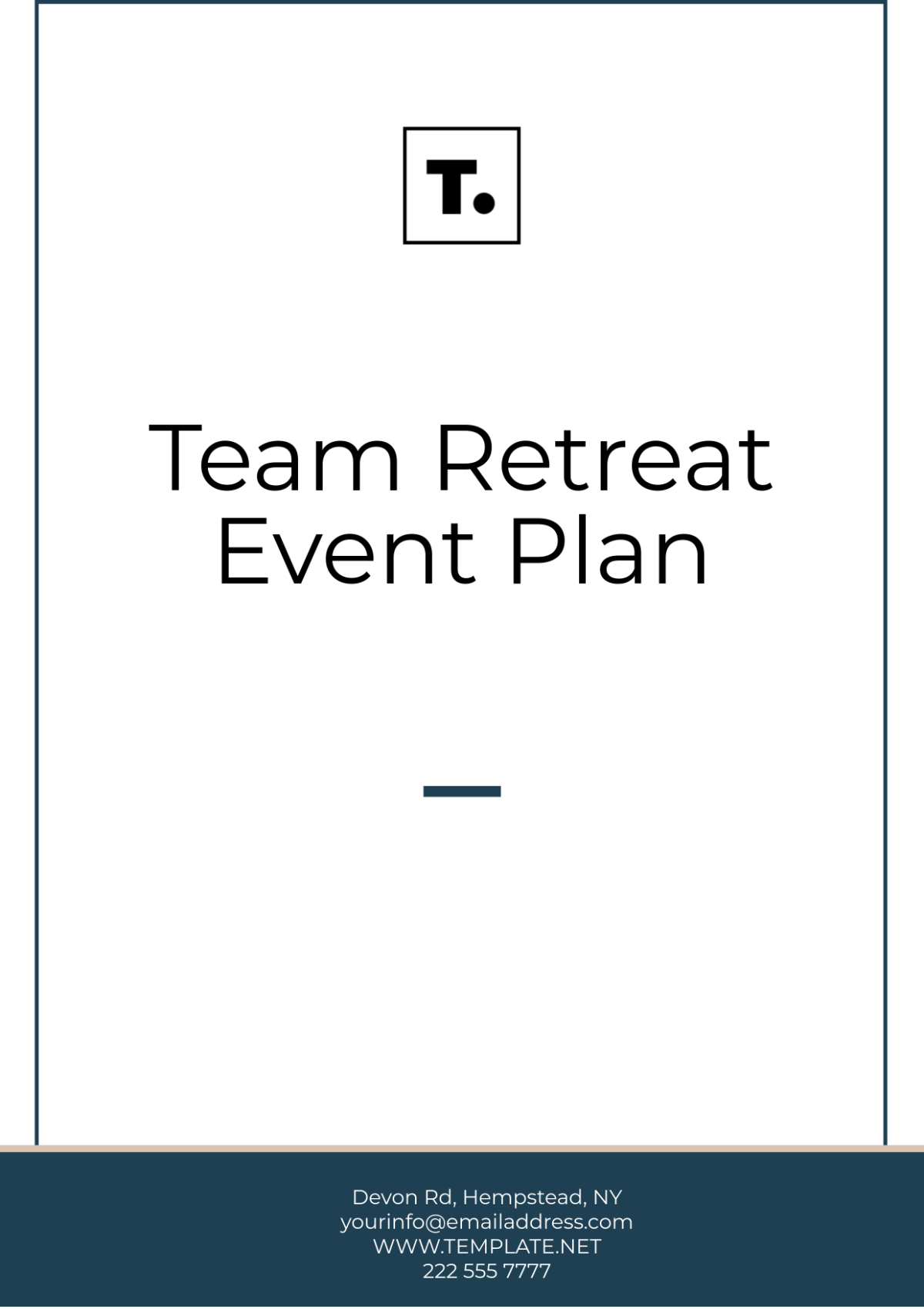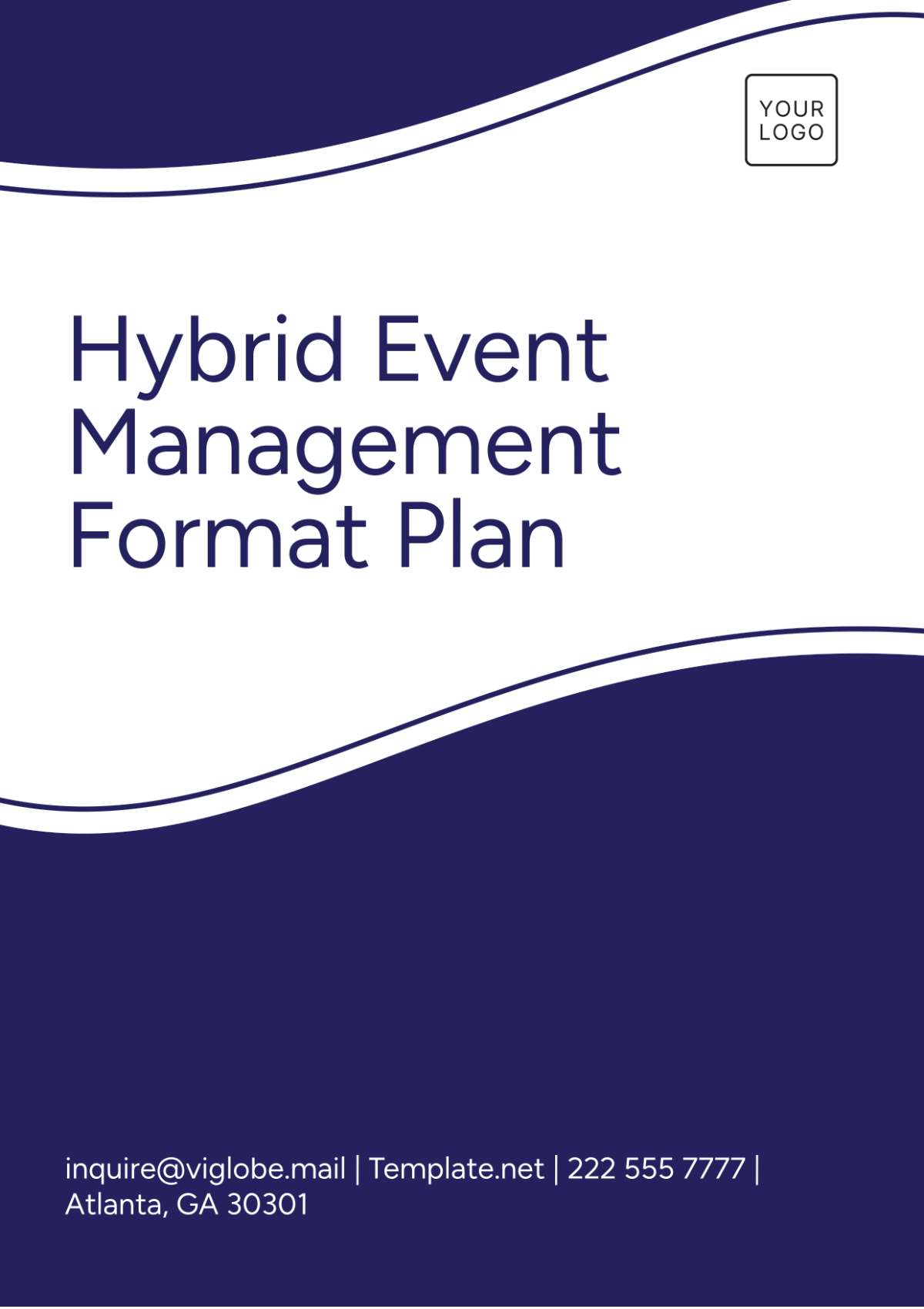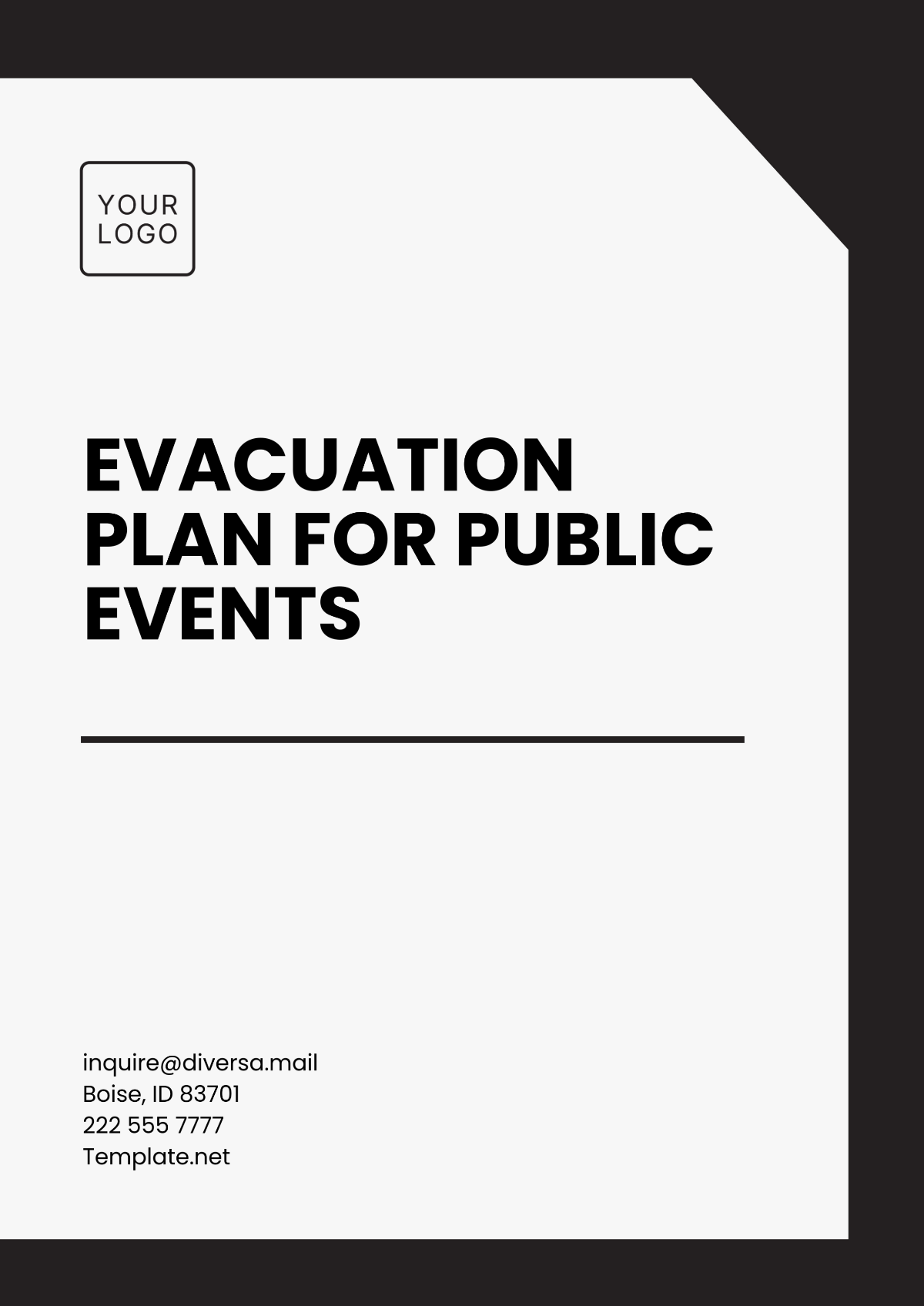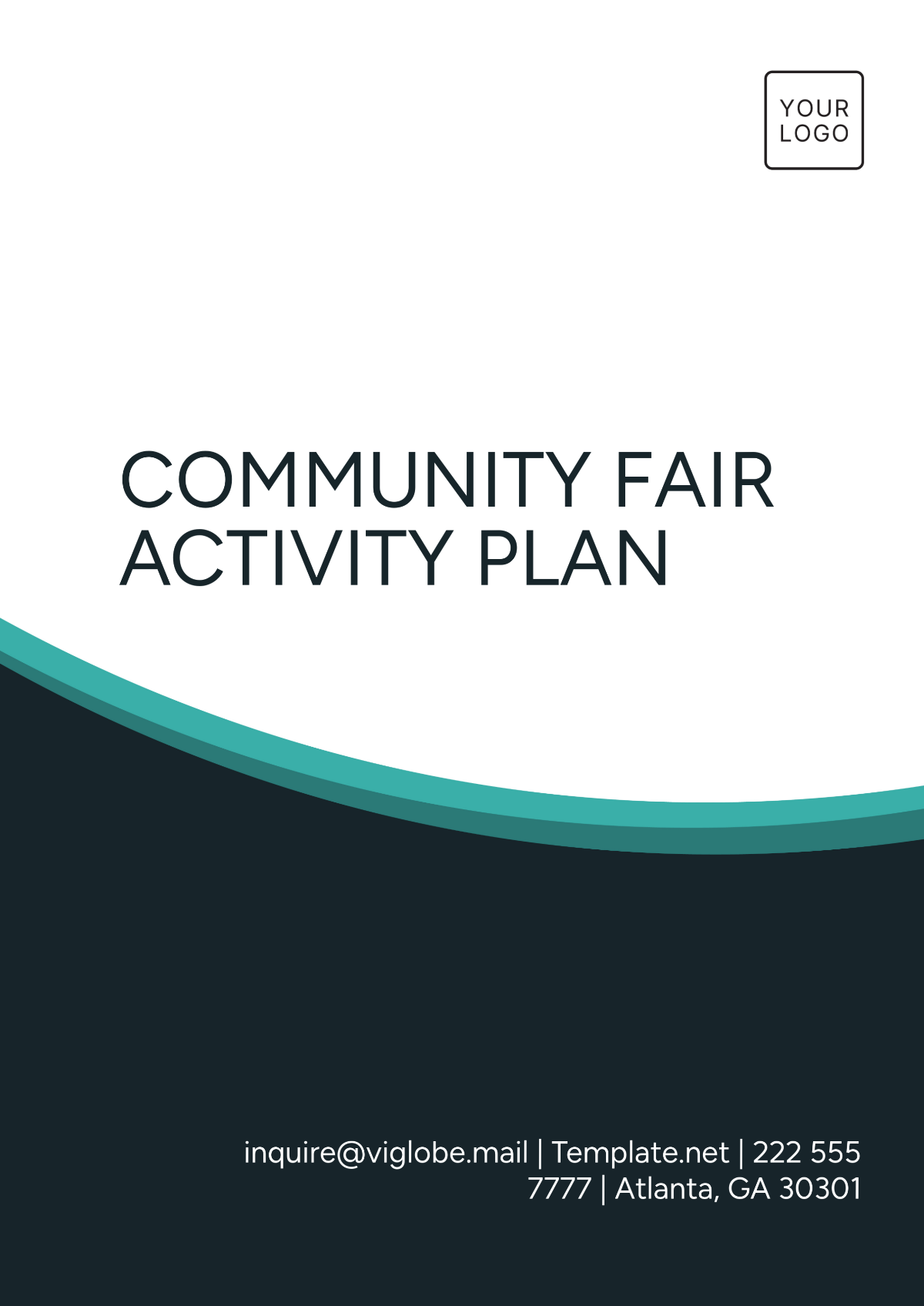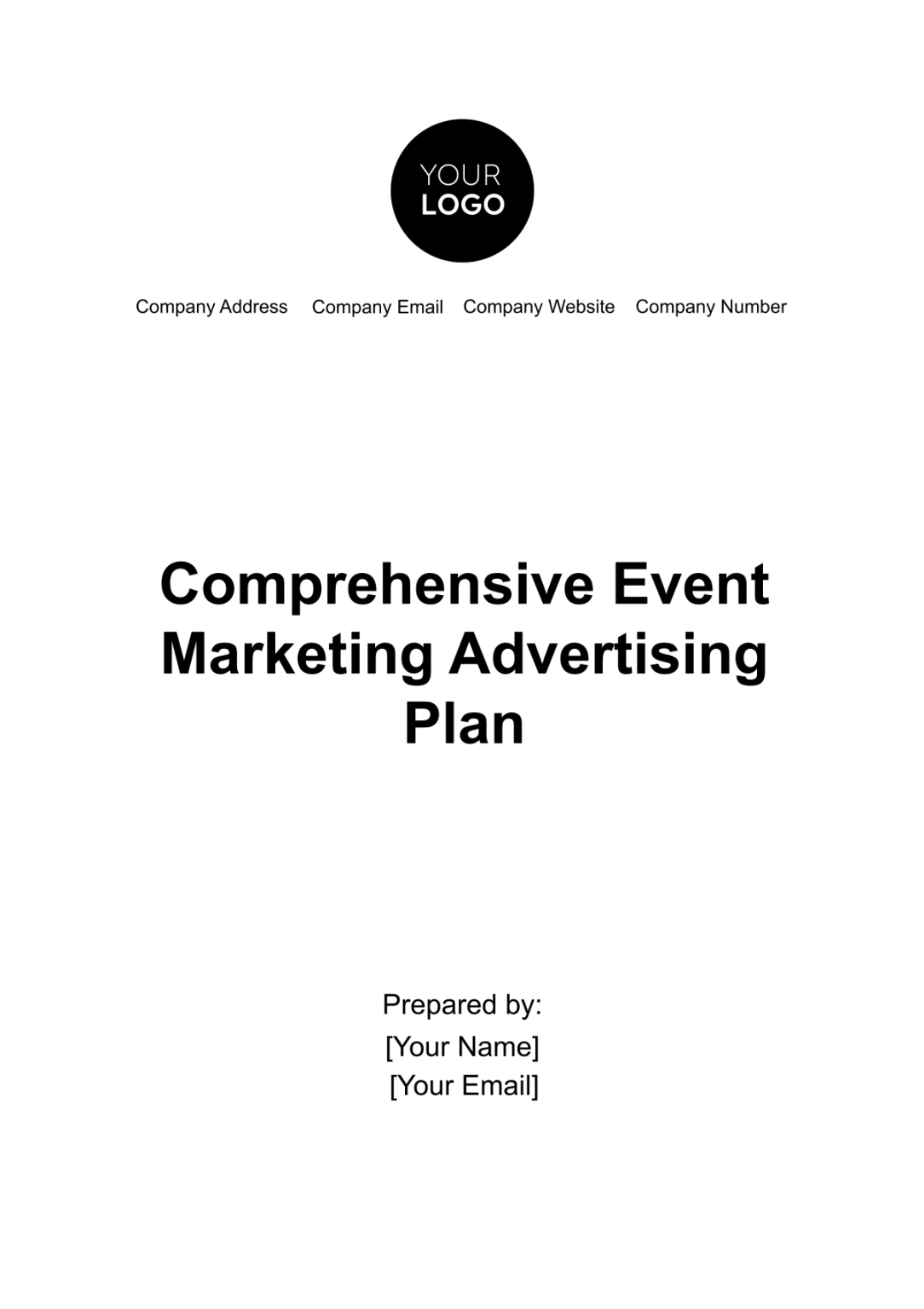Weekly Event Plan
I. Objectives
The primary goal of this weekly event plan is to ensure seamless coordination and execution of events. Key objectives include:
Enhancing Participant Engagement: Create a more interactive and enjoyable experience for all attendees.
Streamlining Communication: Improve the flow of information among the planning committee and stakeholders to facilitate better decision-making.
Ensuring Effective Planning: Foster a structured approach to event planning that accommodates all necessary tasks and roles.
II. Weekly Schedule Overview
A comprehensive schedule has been developed to ensure all tasks and events are thoroughly planned. Below is an indicative weekly overview:
Day | Event/Task | Time | Responsible |
|---|---|---|---|
Monday | Team Meeting | 09:00 AM - 10:00 AM | Event Manager |
Wednesday | Vendor Coordination | 01:00 PM - 03:00 PM | Logistics Team |
Friday | Final Check and Dress Rehearsal | 04:00 PM - 06:00 PM | All Teams |
1. Daily Task Allocation
Confirm the availability of all resources, including venue, equipment, and personnel.
Maintain open communication with team members to monitor task progress.
Respond promptly to participant inquiries to enhance engagement and satisfaction.
III. Team Roles and Responsibilities
Clearly defined roles and responsibilities are vital for reducing confusion and improving outcomes. The responsibilities are as follows:
1. Event Manager
Oversee all aspects of event planning and execution.
Serve as the primary point of communication with all stakeholders, ensuring alignment and clarity.
2. Logistics Team
Manage supply orders, and deliveries, and set up schedules.
Coordinate with vendors to ensure timely provision of services and materials.
3. Marketing Team
Develop and implement promotional content across various channels.
Engage with participants on social media platforms to build excitement and enhance visibility.
IV. Budget Planning
A detailed budget plan is crucial for executing events without financial discrepancies. Below is the budget breakdown:
Item | Amount |
|---|---|
Venue Cost | $1,000 |
Catering | $500 |
Equipment Rental | $300 |
Budget Management Strategies
Regularly review expenditures to stay within budget.
Identify potential cost-saving measures without compromising quality.
V. Contingency Planning
A proactive contingency plan is essential for addressing unforeseen circumstances. The following steps should be taken:
Risk Identification: List potential risks, including vendor issues, weather conditions, and participant attendance.
Mitigation Strategies: Develop response strategies for each identified risk, including alternative vendors or backup venues.
Communication Protocol: Establish clear lines of communication for emergencies, ensuring all team members know how to respond.
VI. Follow-Up and Evaluation
Post-event follow-up and evaluation are critical for continuous improvement. The following actions will be undertaken:
1. Feedback Collection
Distribute feedback forms to participants to gather insights on their experiences.
Conduct a debriefing session with the planning team to discuss feedback and overall performance.
2. Performance Assessment
Review the event’s success against predefined objectives to measure effectiveness.
Document best practices and challenges faced during planning and execution to improve future events.


